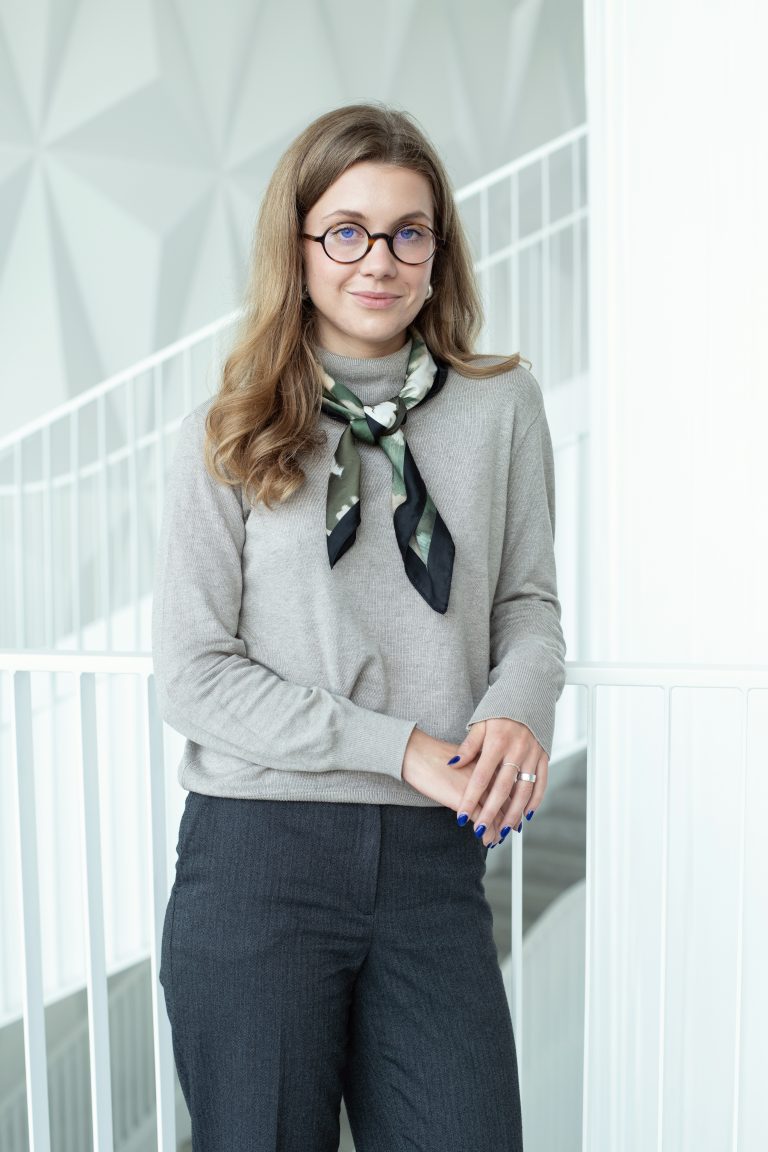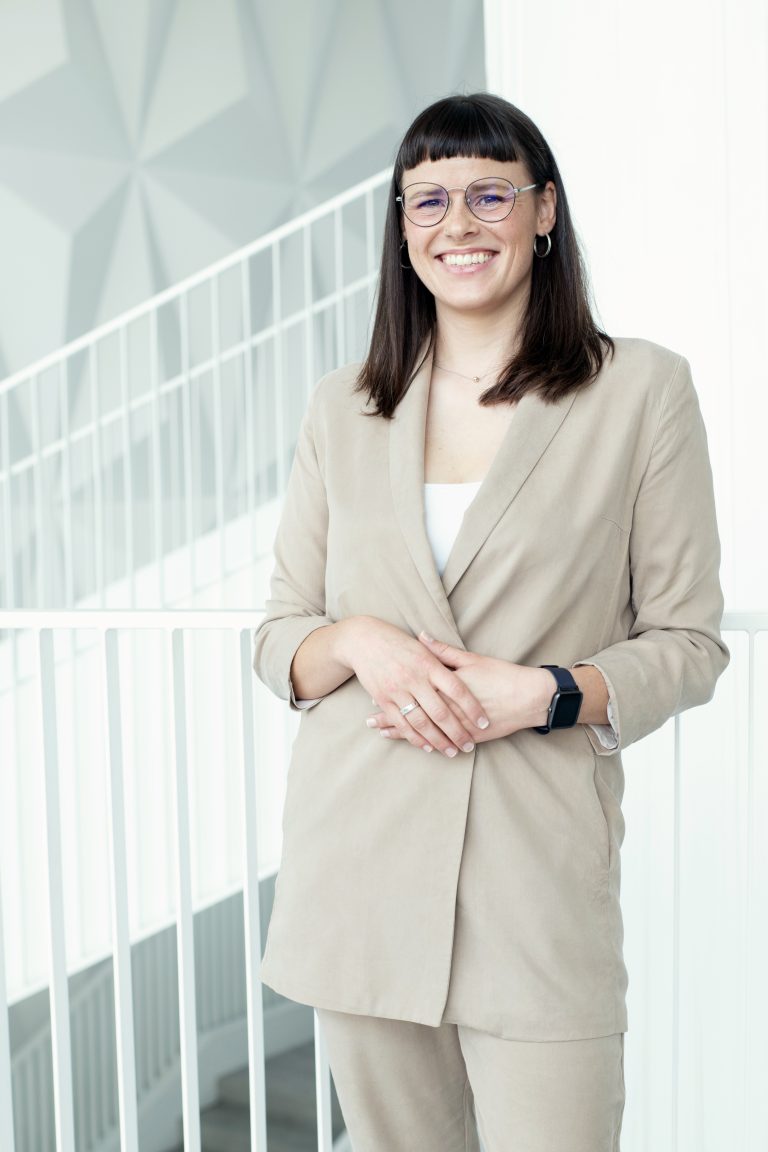Kurkime modernią Lietuvos ateitį kartu
RegistruotisMinistry of Social Security and Labour of the Republic of Lithuania
Bridging the labour market skills gap: education solutions for the unemployed
Problem
According to the European Commission, in 2022, the tension in the Lithuanian labour market, measured as the ratio of job vacancies to the number of unemployed, was the highest in 15 years. In March 2024, 165.7 thousand people were registered unemployed in Lithuania, but every second company in the country faced a shortage of skilled workers. According to employers, this is one of the main factors holding back the growth of Lithuanian companies.
The problem of skills mismatch is being addressed through financial support for the education of the unemployed. €36.6 million has been allocated for training support measures in 2023 and €64.2 million is planned for 2024. The Ministry of Social Security and Labour expects to find ways in which the funds allocated to learning support could be used more efficiently and the training of the unemployed could better meet the main objective of the measure, which is to help the unemployed to integrate into the labour market in a sustainable and successful way.
According to the Employment Service, forms of vocational training for the unemployed that involve employers (tripartite contracts and apprenticeships) have the best labour market integration rates, but only one in five enterprises cooperates with vocational training institutions. A total of 23 232 people benefited from training support and completed training in 2023, but only 144 unemployed people gained qualifications through apprenticeships in Lithuania during this period. The Council of Europe has set a target of 60% of vocational education and training graduates using work-based learning opportunities during their training by 2025.
Germany, the United States, Canada and other countries have responded to labour shortages by developing new apprenticeship organisation and financing schemes. In Norway, employment services are taking a proactive role in preventing and intervening early in youth unemployment. There, employment services work with schools and NGOs and engage in case management with young people who have dropped out of education or are at risk. In Austria and France, innovative approaches are being used to bring the unemployed back into the labour market by providing them with a job (where appropriate, by creating a job matching the needs of the local community).
This project will look for ways to to bridge the gap between the opportunities of the unemployed and the needs of the labour market, as well as ways to encourage employers to become more involved in the training and retraining of the unemployed in the Lithuanian context.
Goal
The aim of the project is to encourage greater employer participation in education for the unemployed
Project progress
2024/04/12
Completed situation and problem analysis
2024/05/10
Overview of possibilities for improving the Vocational Training Effectiveness dashboard
2024/05/17
Analysis of quality monitoring of the implementation of vocational training and non-formal adult education
2024/05/24
Possibilities of a unified system for submitting complaints about the quality of training via Kursuok.lt
2024/06/06
Presentation of the proposal for a complaint function to Kursuok.lt project partners
2024/07/10
Proposal for a complaint form on Kursuok.lt sent to stakeholders
2024/07/19
Review of best foreign practices
2024/08/21
Presentation of recommendations to the Public Employment Service
2024/08/30
Review of best foreign practices
Result


